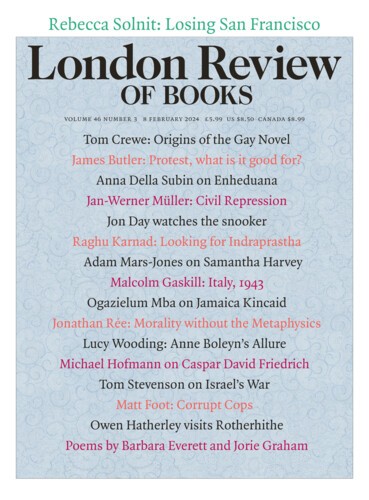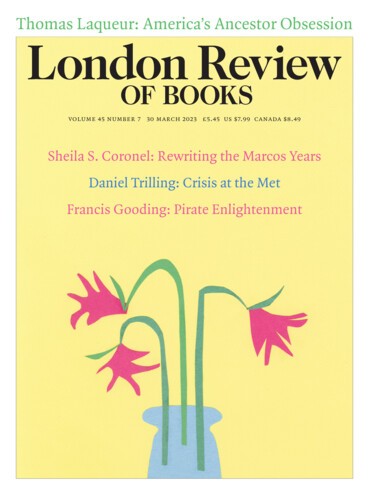Servants’ privileges, which could be and were defended at law, didn’t develop from a concept of individual ‘human rights’, but from a belief that patriarchy worked best when it was considerate and consensual. Anything else was domestic tyranny, and mistreatment by a master or mistress signified a larger failing of governance. Hierarchical, yet governed by mutual obligation, households should be exemplars of political order. If a servant (or a wife) needed beating, something was wrong with the patriarch wielding the stick.
Indentured Servitude: Unfree Labour and Citizenship in the British Colonies by Anna Suranyi. If indentured service was a type of slavery, as has often been maintained, it followed the classical model according to which, through manumission, unfree Romans might level up to full citizenship. In any case, unlike black slaves, white servants, no matter how low born, remained freeborn subjects blessed with liberties enshrined in English common law and the ‘ancient constitution’. They could plead a case at law, swear oaths and marry (with permission). Crucially, they were also allowed to worship alongside free folk.





